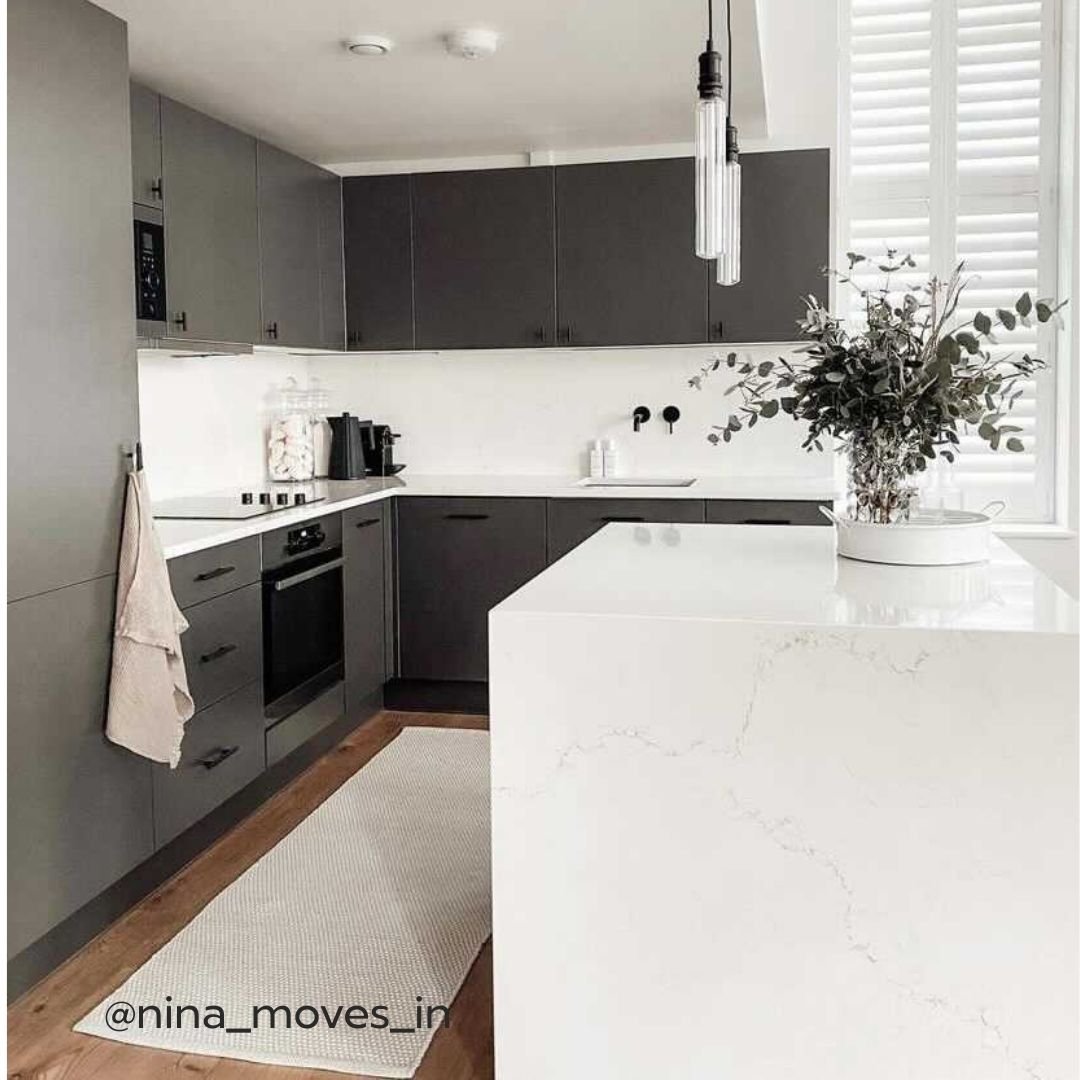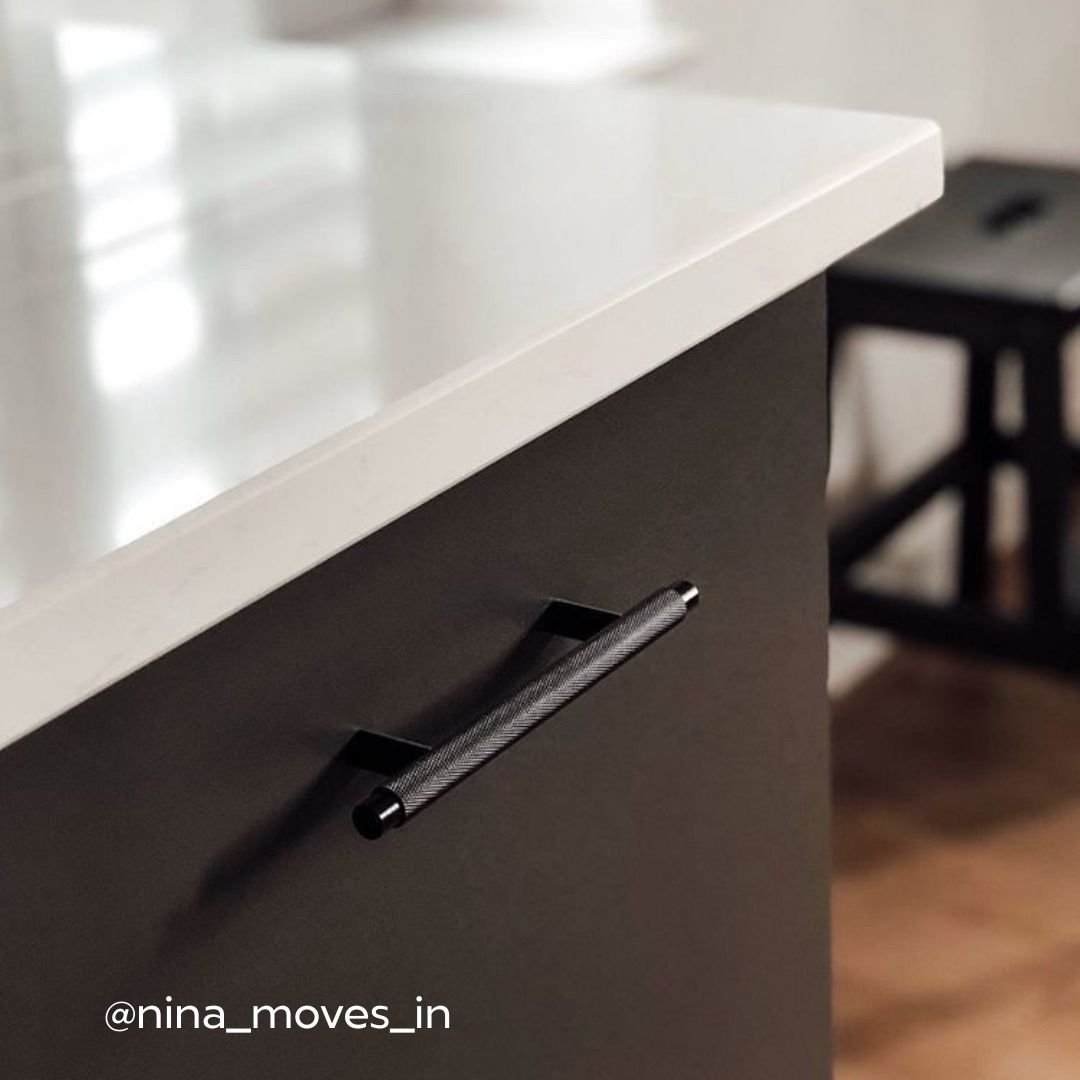10 How-To Steps For Planning A Home Renovation
Think of a home renovation as making improvements or additions to your home. Rather than starting with an empty slate, you’re able to personalise your existing space to make rooms more attractive and ultimately create the home you want 🏠 You could be renovating purely based on personal preference and the desire to make better use of your surroundings. Or, perhaps you want to boost your home’s curb appeal and increase its future value? Many homeowners renovate with the aim of making a healthy return-on-investment when it comes to reselling their home at a later date.Renovating your home isn’t just down to the people who carry out the work — you have an active role to play too. In this guide, we’re going to walk you through the various steps to renovating a house. From agreeing the work to be completed and your budget, through to setting up a schedule and bringing in a project manager to oversee everything, we’ll show you the benefits of planning ahead and staying organised. Home renovations aren’t for the faint-hearted but rest assured, we’ll help you get the most out of the experience 👊1. Decide What Works You Want Done
6 – 12 months before renovation kick off
Wondering where to start renovating a house? The first and most important step of your project is working out what areas of your home you want renovated. Could you do a partial renovation in the form of a sparkling new bathroom or light and bright open plan kitchen-diner area? Or does the house need to undergo a top-to-bottom transformation? Take as much time as you need with your renovation plan — you want to make as many decisions as possible before construction. For inspiration and ideas galore, get pinning away on Pinterest or cut photos out of your favourite magazines and make a moodboard. Why not take inspiration from the #PlankProjects of our very own creative community of homeowners? Your design scheme should include your preferred materials, colours and styles, from large items like flooring and cabinets to smaller details such as wardrobe handles and kitchen handles and knobs.2. Set A Budget
6 – 12 months before renovation kick off
The amount you spend on your house renovation depends on how much work you plan on undertaking, and the time this will take. Yes, you can save money by doing some of the work yourself or finding more affordable alternatives. But remember, you get what you pay for and going too cheap could compromise the quality of your home. You definitely don’t want to end your project with a home you’re unhappy with and isn’t worth the money you saved 😬 Need finance for your renovation? Make sure you’ve secured this before starting the renovation and agreeing costs with contractors. You can’t plan for every eventuality in a renovation and also need to consider the costs of any unexpected issues. We recommend setting aside 10-20% of your budget for those sudden surprises.3. Get Quotes From Several Trusted Contractors And Choose One
3 – 6 months before renovation kick-off
Now you know what you’d like doing to your home and the budget you have to play with, you need to find the people to bring your ideas to life 👷 Get quotes from several reputable contractors, as this will give you a good idea for the average cost of the work you want done. You’ll want to see examples of their past completed projects, as well as references from past clients and ratings on sites like Houzz.Other factors you’ll want to consider before making your decision are the contractor’s:Years’ experienceLicencesInsurance certificatesPayment termsPunctualityCommunication skills
A sleek kitchen crafted by the talented @dixonandcowton, featuring our BECKER Grooved Handles.
4. Secure Planning Permission And/or Other Permits If Necessary
2 – 3 months before renovation kick off
We can’t explain how to plan a house renovation without covering planning permission. Some types of home renovations require permits from your local council or municipality, such as if you’re adding or renovating a bathroom, changing your home’s roofline or adding a deck. If permits are required, your contractor will need to secure them before starting work. You’ll most likely need Buildings Regulation Approval for any new structural or electrical installation.Planning applications for a single dwelling can be up to £25,000, while an application for a modest domestic extension will be more like £2,000-£3000.5. Choose Whether You Want Or Need A Project Manager
2-3 months before renovation kick off
In case you haven’t already got the vibe, a home renovation is HARD work. If you feel up to the challenge of coordinating multiple contractors and managing the whole thing from start to finish, we say go for it 🙌 To avoid any confusion or slow-down, be sure to stay organised and keep a spreadsheet or list of all the tasks that need to be done. You’ll also want to be around when the work is being carried out, so factor in whether you’re able to work from home or get any time off. Alternatively, if you’d much prefer someone else to plan the schedule of work and deal with the day-to-day, you need a project manager. They’ll be there to make sure the work is done properly, ensuring you stay on budget and deadlines are met. Again, project management comes at a cost, so do factor that into your initial budget. 6. Get A Schedule Of Works
2-3 months before renovation kick off
When renovating a house step by step, you need to plan the order of work 📝 We suggest sitting down with your contractors and/or project manager and determining the amount of time each part of the project will take. The timeline should outline your desired start date and when each task should be completed by. This will help the project stay on track and go as smoothly as possible, while minimising disruptions to your home.Like we mentioned earlier about planning for unexpected surprises, you’ll need to keep in mind potential project delays such as bad weather, supplier problems or if any of you choose to self-isolate. 7. Prepare Your Home For The Renovations
A few weeks before renovation kick off
There are a few things you’ll need to do to get your home ready for ✨ Day One ✨ of your renovation. Start by moving furniture and appliances and boxing up anything you don’t want covered in dust or other debris. You may find you need to put up temporary walls, barriers or added safety measures if you’re renovating with kids 🧒While the renovations are being carried out, you and your family will need somewhere to sleep, cook and use the bathroom. To avoid fighting over the bathroom or a tiny makeshift kitchen space in the morning, you’ll want to have your morning routines agreed. If you’re working from home, try to find a space where you’re able to have uninterrupted time. Or, factor in Zoom calls when your contractors are having their lunch break.8. Give The Contractor The Go-ahead To Start Work
A few weeks before renovation kick off
Once everything is ready and agreed, your contractors will give you a start date and the hours they expect to be at your property through the renovations. This tends to happen after all of the necessary permits and permissions have been secured. Of course, be prepared for any delays and unexpected issues. There’s no harm in adding on a few more days to your project timeline.If you’re going to be around when the work is taking place, keep your contractors and project manager refreshed with regular cuppas and a few snacks too ☕️ 🍰 You want them to do the best job possible, so it makes sense to keep their spirits and fuel up!9. Inspect The Work At Regular Intervals
Various intervals during the renovation
As much as you want to leave the contractors to get to work, it’s important you inspect what they’re doing at regular intervals. Even if you feel like you’re in a safe pair of hands, you should always make sure the work has been done according to your expectations and that no mistakes have been made (especially when you’re approaching the end of the project). Don’t be afraid to ask questions or look at something up close.Noticed a few rogue splashes of paint, a faulty tap, or a scratch on one of your walls? It may help you to make a ‘snagging list’, i.e. a list of any slight mistakes or final jobs that need completing. Once your contractors have finished these, ask them to walk you through your newly renovated home so you can double check you’re happy with the end result. You can never pay too much attention to detail in these final stages 👀10. Revisit Your Budget And Make Adjustments As Needed
Various intervals during the renovation
Throughout your renovation, keep a watchful eye on your budget and make any necessary adjustments. Perhaps you could do with changing the materials you originally planned to use to save money. Or do you need to allocate more budget for labour costs? Be realistic about what you can and can’t afford and do your best to stay within your budget. As much as you’ll want your home to be perfect, remember that there’s a life outside of your renovation and you don’t want to be out of pocket because you’ve blown your budget 💸Now you’re ready to begin your home renovation! If you have a tools-down moment and notice your handles or door knobs don’t fit in with the new look and feel for your space, we suggest sprucing up your cabinets and storage units with our quality hardware solutions. With a range of options varying in style, colour and texture, they’re the finer details to make your furniture pieces sing ✨












Fit for pro skills…